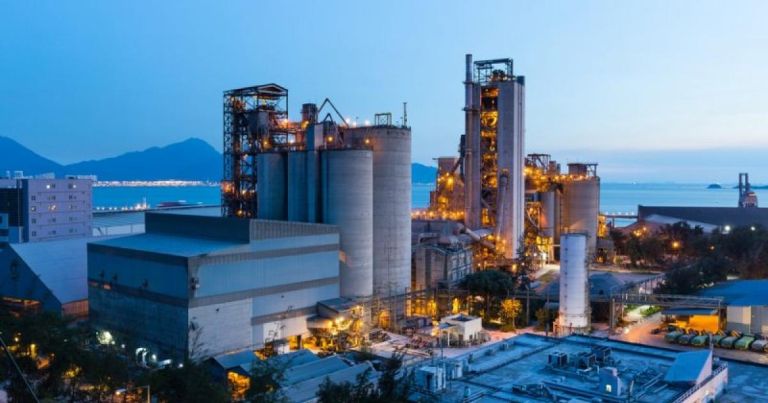Greece: New Mechanism to Support Industry Energy Costs with “Contracts for Difference” – Approved by the EU

Πηγή Φωτογραφίας: pixabay//Greece: New Mechanism to Support Industry Energy Costs with "Contracts for Difference" – Approved by the EU
The Greek government, after consultations with the Ministers of National Economy and Finance Kyriakos Pierrakakis, Development Takis Theodorikakos, and Environment and Energy Stavros Papastavrou, has initiated the development of a new mechanism to support energy costs for industries. This mechanism does not fall under state aid regulations and has already been approved by the European Commission. The tool, known as Contracts for Difference (CfD), follows the example set by Italy and aims to support industry through stable energy costs while encouraging investments in RES.
Support Mechanism: Stable Energy Costs for Industries
Currently, industries are forced to cope with unpredictable energy costs, which depend on fluctuations in the wholesale energy market. The new mechanism, inspired by Italy’s model, proposes providing electricity at fixed prices around 55 €/MWh for a period of three years.
This supply will be managed through the DAPEEP, which oversees approximately 18 TWh of RES annually, a quantity sufficient to cover the energy needs of energy-intensive industries (about 6 TWh). By applying this mechanism, industries will secure predictable operating costs, boosting their competitiveness and reducing business risks during a period of increasing international pressure.
Industry Requirements: Collaboration with RES and Long-Term Investments
The “return” of benefits from this mechanism will be achieved through the development of new RES projects over a 20-year period. The benefiting industries will be required to either construct or finance new RES projects, either independently or in collaboration with RES producers. Moreover, for half of the produced energy from these new installations, CfD will apply, ensuring the return of benefits over the medium term.
The remaining energy quantities can be integrated into long-term Power Purchase Agreements (PPAs), allowing industries greater flexibility and more security for their energy needs.
European Approval and Sustainability Strategy
Italy introduced this measure in 2024, which led to discussions within the European Commission. After clarifications, the European Commission ruled the model compatible with state aid rules, confirming that the benefits provided to industries in the first three years correspond to the value of energy returned over the next 20 years.
Greece is expected to follow the same approach by first implementing the measure through national legislation and, if necessary, providing further clarifications to the EU. Market experts estimate that this mechanism could be a “double win” for the country, as it reduces industrial energy costs while stimulating investments in clean energy.
Strategic Goals of the Support Mechanism
The strategic goals of the new mechanism are as follows:
- Provide a sustainable and stable electricity price for energy-intensive industries.
- Reduce energy costs for the retention and growth of industry in Greece.
- “Energy loan” that will be paid back in double over time through new RES projects.
- Alignment with the “Do No Significant Harm” principle, avoiding the use of fossil fuels.
- Promote solutions leading to long-term decarbonization and energy independence.
- Incentivize energy-intensive industries to develop more RES to support their future energy needs.
- Strengthen the additional (not existing) installed green capacity.
- Create incentives for new investments in RES (solar, wind).
- Use long-term PPAs, reducing investment risks and ensuring project implementation.
This new mechanism is expected to significantly boost Greece’s green transition, creating a competitive and sustainable environment for industries in the country while ensuring energy security and environmental sustainability.
Source: pagenews.gr
Διαβάστε όλες τις τελευταίες Ειδήσεις από την Ελλάδα και τον Κόσμο






Το σχόλιο σας